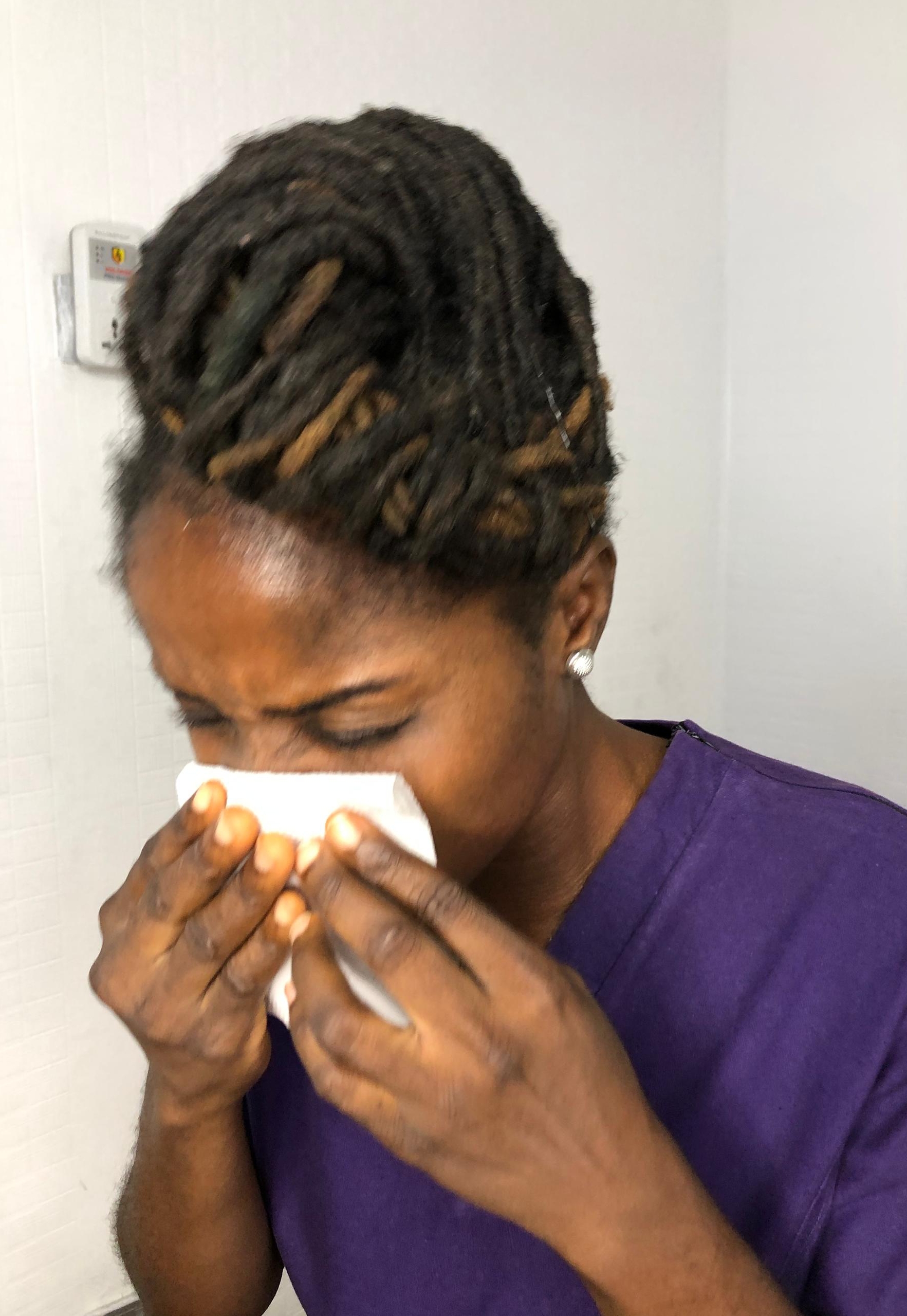Title: “Managing Allergies: A Comprehensive Guide for ENT Patients”
Managing allergies is crucial for ENT (Ear, Nose, and Throat) patients as allergic reactions can exacerbate symptoms related to the ears, nose, and throat. Here’s a comprehensive guide to help ENT patients effectively manage their allergies:

- Identify Allergens: Understanding what triggers your allergies is the first step. Common allergens include pollen, dust mites, pet dander, mold, and certain foods. An allergist can perform tests to determine specific allergens affecting you.
- Avoidance Strategies:
- Pollen: Monitor pollen counts and try to stay indoors during peak pollen seasons. Keep windows closed and clean air conditioning filters.
- Dust Mites: Encase mattresses and pillows in allergen-proof covers, wash bedding regularly in hot water, and use a vacuum cleaner with a HEPA filter.
- Pet Dander: Keep pets out of the bedroom, bathe them regularly, and use high-efficiency air purifiers.
- Mold: Keep humidity levels low, fix leaks promptly, and clean bathrooms and other damp areas regularly.
- Food Allergens: Avoid foods that trigger allergic reactions and carefully read ingredient labels.
- Medications:
- Antihistamines: Over-the-counter or prescription antihistamines can help relieve itching, sneezing, and runny nose like BILAXTEN which is one of the drug of choice for allergy treatment.
- Decongestants: Nasal decongestants can reduce nasal congestion, but they should be used short-term to avoid rebound congestion.
- Nasal Corticosteroids: These prescription sprays reduce inflammation and are effective for nasal congestion, sneezing, and runny nose. Deflazacort is a one of the drug of choice for this line of management.

- Nasal Irrigation: Saline nasal rinses can help clear allergens from nasal passages and reduce symptoms.
- Allergy-Proofing Your Home:
- Remove carpets, rugs and opt for tiles, marble floor.
- Use allergen-proof covers on mattresses and pillows.
- Clean regularly, especially vacuuming the room and upholstery.
- Maintain low humidity levels to prevent mold growth.
- Keep windows closed during high pollen seasons.
- Stay Informed: Keep track of pollen counts and allergen levels in your area. Many weather websites and apps provide this information.
- Consult with an ENT Specialist: If allergies are significantly impacting your quality of life, consult with an ENT specialist who can provide personalized treatment options and management strategies.

Remember, effective allergy management often involves a combination of avoidance strategies, medications, and lifestyle adjustments. It’s essential to work closely with your healthcare provider to develop a plan that meets your specific needs.





